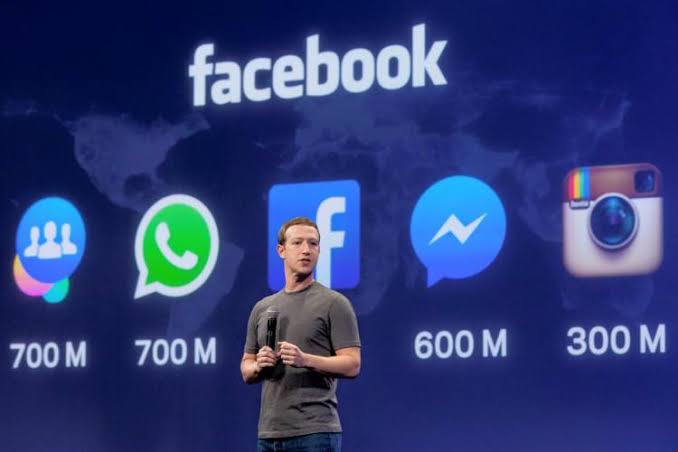Facebook CEO Mark Zuckerberg published an op-ed in the Wall Street Journal late Thursday to explain his company’s business model and address some misconceptions he feels people have about his company.
Zuckerberg begins with some frank talk about how his company makes its money, saying Facebook’s business model is a two-part system:
“Here you get our [social networking] services for free–and we work separately with advertisers to show you relevant ads,” he writes. “This model can feel opaque, and we’re all distrustful of systems we don’t understand.”
Above all Zuckerberg wanted to explain that the company doesn’t sell users’ data. It doesn’t have to. What the company does is collect enough data on users to classify them into distinct groups. It then charges advertisers to place targeted ads in front of these groups. Selling user data might actually harm Facebook’s business, Zuck explains:
“In fact, selling people’s information to advertisers would be counter to our business interests, because it would reduce the unique value of our service to advertisers. We have a strong incentive to protect people’s information from being accessed by anyone else.”
Facebook has mountains of personal data stored in data centers all over the world, but, Zuckerberg says, that’s necessary, and not just for targeting ads. The data is needed for “security and operating our services,” as well as for “detecting fraud or fake accounts.” “We give people complete control over whether we use this information for ads, but we don’t let them control how we use it for security or operating our services,” he writes.
The CEO also points out that Facebook doesn’t leave up “harmful or divisive” content just because it drives lots of engagement. He explains that in the long term people will use Facebook less if they’re turned off by such negative content in their feeds.
Facebook, of course, has found itself at the center of a string of scandals beginning with revelations that it allowed the personal data of millions of users to end up in the possession of a political consulting firm called Cambridge Analytica that worked for the Trump campaign. A New York Times article detailed how Zuckerberg and his COO Sheryl Sandberg were slow to acknowledge the fact that Russian operatives had used Facebook as the vehicle for a coordinated disinformation attack designed to undermine the U.S. presidential election in 2016.
Now, many in Congress have taken a keen interest in making law that regulates the way tech platforms can harvest and use personal data. “We believe regulation that codifies these principles across the internet would be good for everyone,” Zuckerberg writes.
























